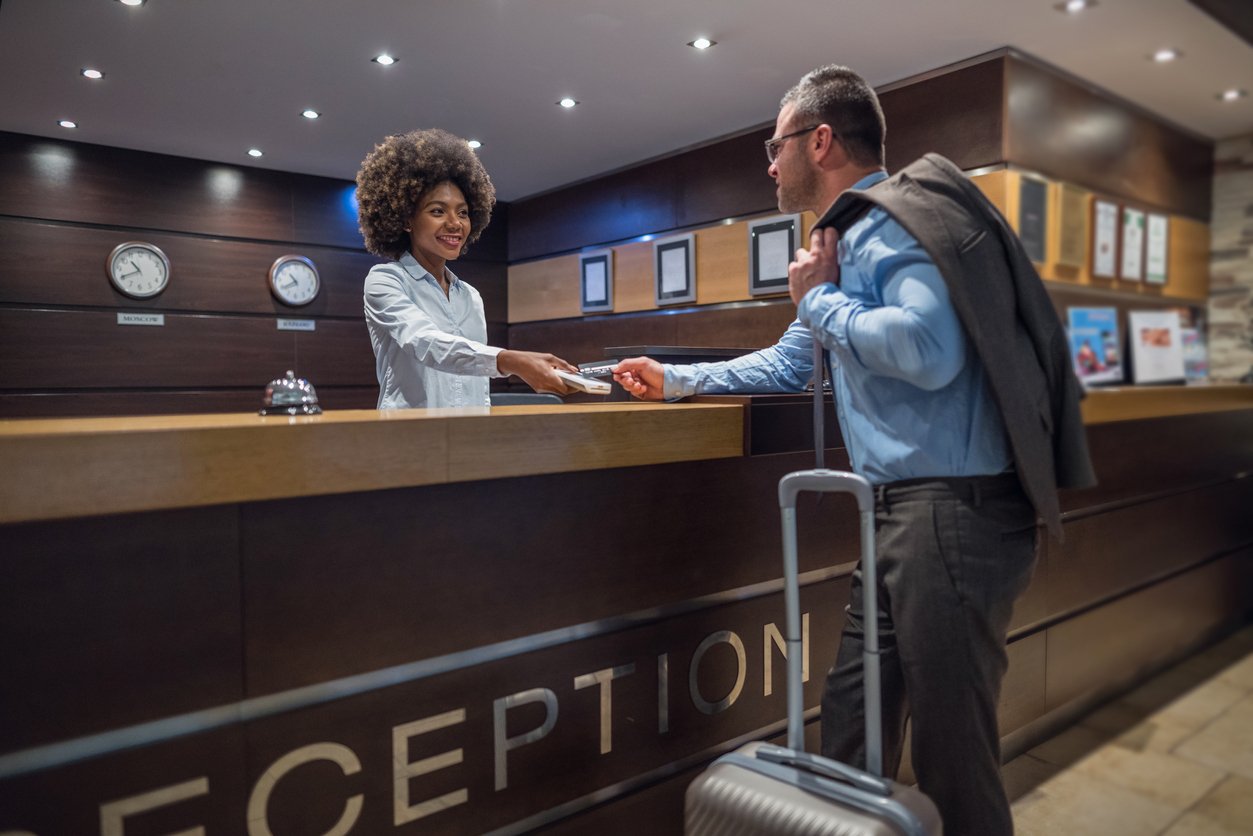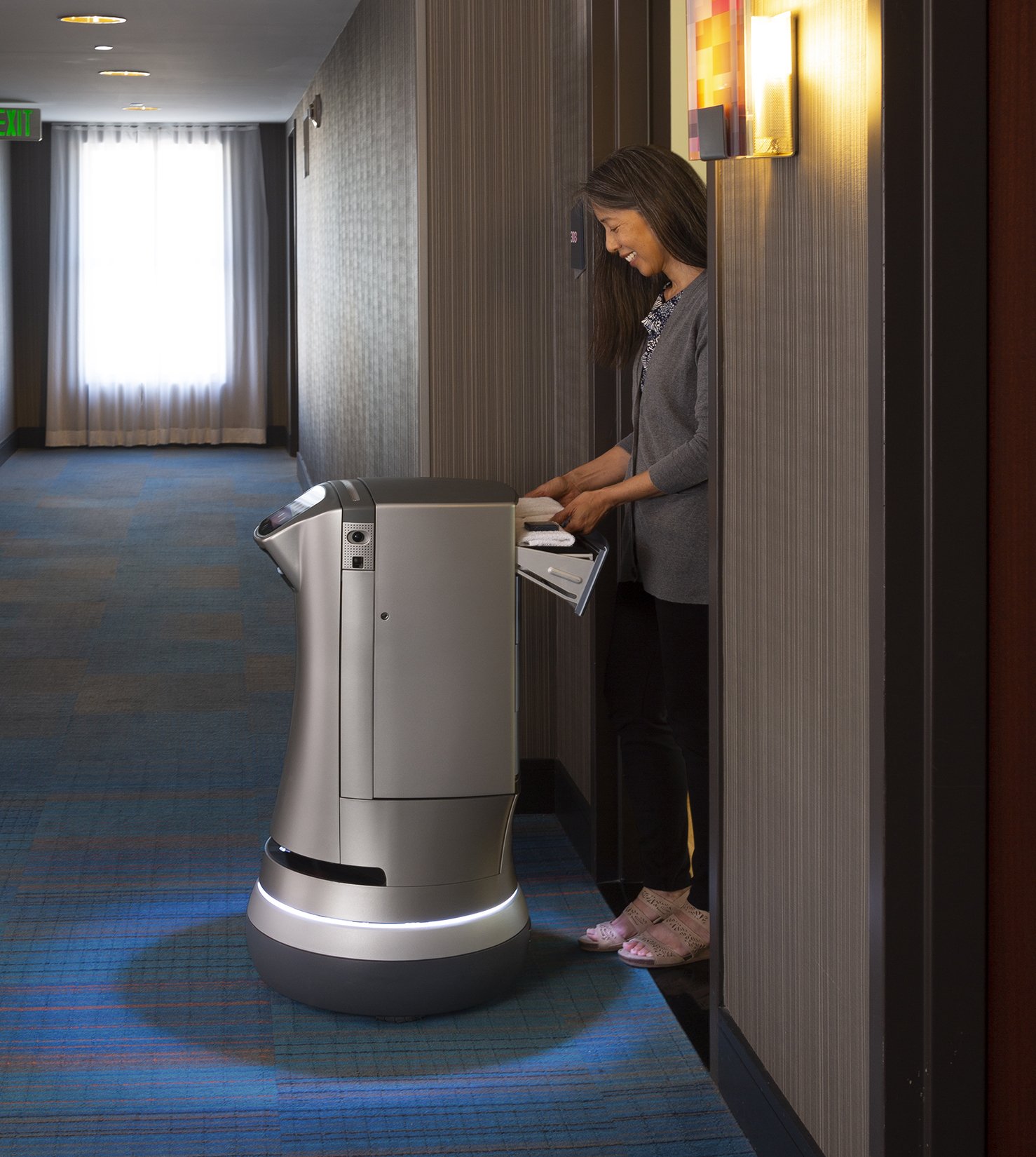We have been talking with hotel general managers (GMs) and owners, coast to coast, and here are a few things they’re focused on as they start their third year of operations with the COVID pandemic still affecting the travel industry:
1) Addressing The Ongoing Labor Shortage
Although 151,000 new leisure and hospitality jobs were added per the January 2022 U.S. Jobs Report, employment is still down by 1.8 million jobs from where it was in February, 2020. Many hotels still face ongoing labor shortages. Some hotel companies have resorted to offering hiring bonuses and improved benefits to attract and keep their service employees, but finding good people and hanging onto them, remains a critical challenge.
2) Controlling Costs That Are Spiraling Upward
Operating costs continue to increase due in part to a decrease in occupancies. Food prices are rising, while food shortages are making news. The escalating demand for front desk, service staff, and housekeeping has caused an upward shift in their hourly wages. In fact, the national average for hospitality employees is $20/hr. (per Salary.com).
3) Making the Hotel Experience as Safe and Contact-Free as Possible
Maintaining customer confidence remains a constant worry for hotel operations. Both business and pleasure travel have begun to come back; however, guests still want to minimize their potential exposure to infection as much as possible. “Contact-free” is the new normal.
At the same time, people are more comfortable than ever ordering food deliveries from local restaurants and grocery stores and receiving them contact-free at home. Hotel guests want reassurances that hotels are taking similar preventive measures when they have items delivered to their hotel room.
4) Keeping Employees Happy and Safe
Employee retention and ensuring they have the support and resources they need to do their jobs are other ongoing concerns. While short-handed employees are being pushed to work harder and faster, they often talk of the stress they feel from the moment they clock-in each day.
Due to constant contact with guests who come from all over, they also worry about contracting the COVID virus. These concerns affect their ability to fulfill their daily responsibilities.
5) Scoring High Marks on Guests’ Reviews
Surveys show us that hotel guests reward speed, efficiency, and good will from the employees who serve them. Guests can be on their smartphones in seconds to post great reviews on booking sites and social media, but can just as quickly write about a bad experience.
6) Getting Back to Business
Just about all the hotels we spoke to can’t wait to get back to filling their hotels at all times, whether it’s from citywide conventions, groups and meetings, or “bleisure” (business or leisure) travelers. They are also giving GenZ travelers, who place a high value on unique experiences while traveling <https://www.travelpulse.com/news/entertainment/gen-z-drives-tiktok-travel-trends-viral.html>, a closer look as a source of new guests.
One Solution for Getting a Good Night’s Rest
Many hotel GMs are turning to technology for answers. Staff shortages, fears of contracting the virus, employee anxieties, and guest expectations can all be mitigated to some degree through technology. Mobile and kiosk check-in, text alerts about room status, and streamlining online food ordering are examples of technologies that are widely used every day. Adding to these automation tools are robots making routine room service deliveries –– and helping to free up employees to focus on fulfilling guest requests and improving operational efficiencies.
Savioke® Relay+® Service Robots can deliver food, beverages, housekeeping, and convenience items without exposing guests or staff to COVID. In addition, because people love interacting with these robots, they drive higher demand for food and beverage orders with some hotels seeing their room service deliveries and revenues double, even triple.
While their service robots are providing faster times for the lower value deliveries, GMs can then redirect their people to offer more of a white-glove guest experience and engage with them at a deeper level.
On social media platforms, Relay+ Service Robots are having a positive impact as well. Guest postings are generating millions of views and “Likes” for hotels throughout the country. For example, at Dream Hollywood Hotel in Southern California, General Manager Vaughn Davis said, “We’re delighted to cultivate a social media sensation like Alfred (their Savioke robot). One guest was responsible for over 250,000 impressions on TikTok, which happened organically because our service robot is so cool.”
From the Radisson Sunnyvale hotel in Silicon Valley, a recent local ABC TV news report on a Relay Service Robot ran on over 50 news outlets globally, and then was featured in the opening monolog on “The Late Show” with Stephen Colbert! Clearly, service robots have already become a welcome addition to the hospitality industry.
Conclusion
Hotel GMs are hopeful that better days will return soon –– and technology innovations like Savioke Relay+ Service Robots will help them get there so they can start sleeping through the night again.
About Relay Service Robots
Initially developed and patented in 2014, Savioke has deployed hundreds of Relay service robots worldwide who have completed more than 1,000,000 deliveries.
To learn more, contact us. We can answer your questions and give you a quick demo.






